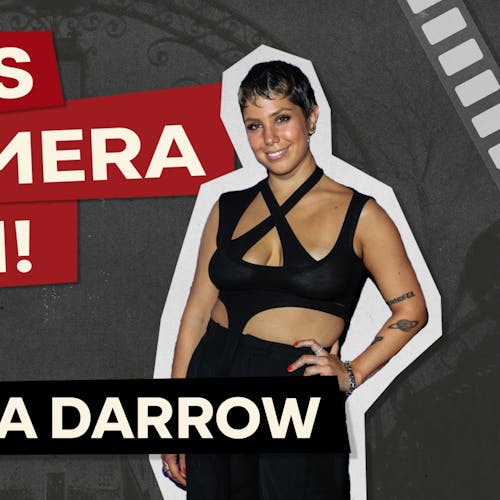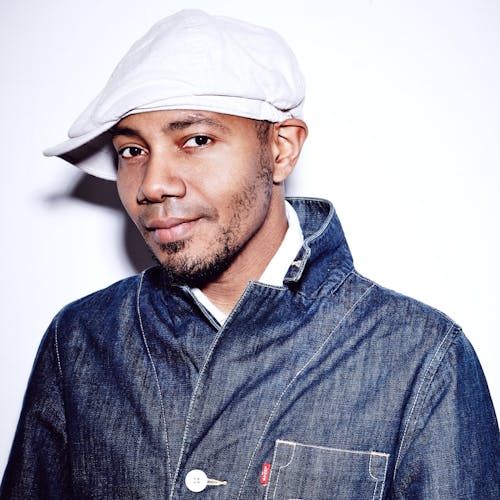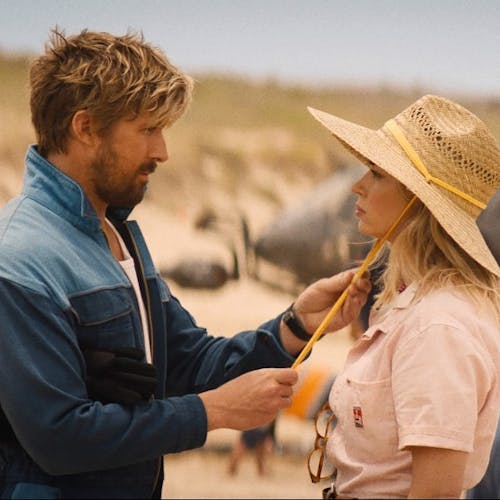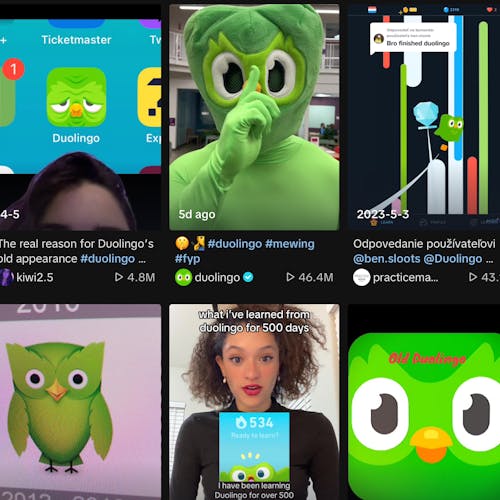James Charles, other influencers participate in #MugshotChallenge
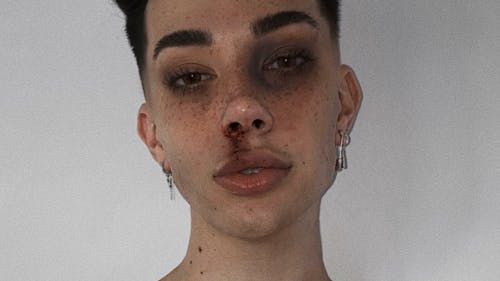
The “Mugshot Challenge,” which started on TikTok and has since spread to Instagram and Twitter, calls on people to use their makeup skills to transform themselves into the subject of a mugshot. Sporting gaunt faces, bruised eyes, cuts, bleeding noses and lips and purposefully smeared eye makeup, participants of the viral challenge have posted jarring pictures of themselves that represent a dramatic and largely unrealistic departure from the average mugshot which typically bears none of these features.
The challenge received particular attention when James Charles — a makeup artist and beauty YouTuber who rose to fame when he became the first male ambassador for CoverGirl in 2016 — participated in it, posting the results of his work to his Twitter and TikTok accounts.
His post attracted considerable criticism, with many Twitter users accusing him of making light of domestic abuse by glamorizing violence, in reference to the black eye and bleeding nose he flaunted as part of his controversial “look.”
In response to the backlash, Charles posted a tweet on April 6, in which he stated that he deleted the post on both platforms, but bitterly noted that he had done so in spite of the fact that “hundreds of other influencers and artists have done something similar.”
Although the tweet acknowledged that his “mugshot” might have triggered survivors of physical abuse, he also attributed much of the outcry to a simple matter of certain people committed to blindly hating him, regardless of what he does, implying that the intense reaction his post generated was largely irrational.
In a reply to a Twitter user under the same tweet, Charles also explicitly stated that the original tweet was not an apology for his actions, but rather just an explanation as to why he deleted the pictures off his social media accounts.
In another tweet posted earlier on the same day, approximately 2 hours before he tweeted that he had deleted the posts, he claimed, in a tone that was unmistakably resentful, that only his participation in the Mugshot Challenge could be “twisted into an actual scandal” which was followed by a passive-aggressive “lol.”
This tweet only continues to display Charles’s inability (or perhaps refusal) to recognize the problematic and offensive nature of the challenge, situating his haters’ irrational behavior as the reasoning behind the backlash instead.
The fact that white influencers, like Charles, have become the face of this troubling trend has also drawn criticism, too. Not only do Black and Brown people disproportionately fall victim to police brutality, but they also typically serve longer and harsher sentences than white people convicted of the same crimes.
Mugshots are a feature of deeply flawed and racialized law enforcement and justice systems that have severely mistreated and failed people of color, especially Black people.
The “Mugshot Challenge” also (quite literally) brushes over the root causes of the crimes that inspired the challenge, which include sensitive issues ranging from poverty, substance abuse and gang violence (as some participants of the challenge have also taken to drawing face tattoos to complete their “look”).
It is extremely ironic, then, to see white influencers participate in an activity in which they pretend to have been arrested, an event many of them have likely never experienced, considering how even if they had been arrested for whatever reason, they have the resources and, above all, the racial privilege to avoid the punitive sentencing an average person of color would have received for a comparable offense.
